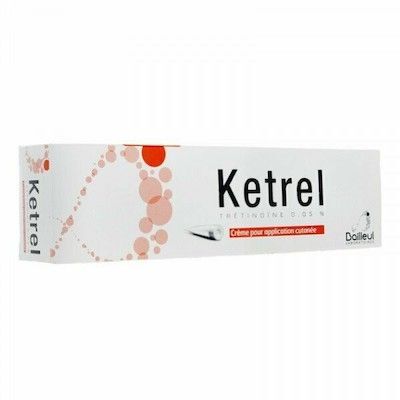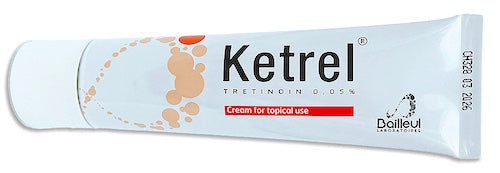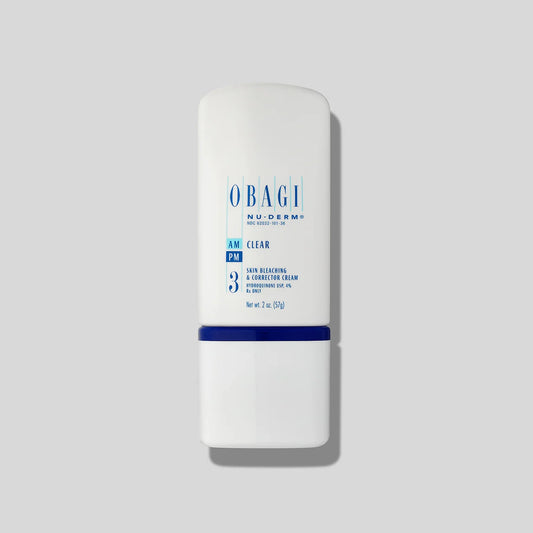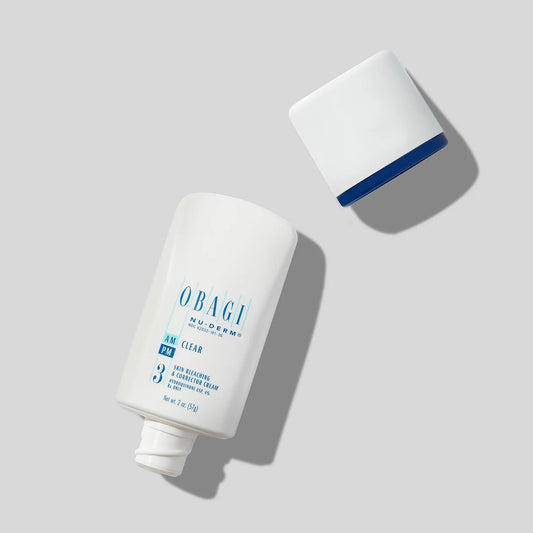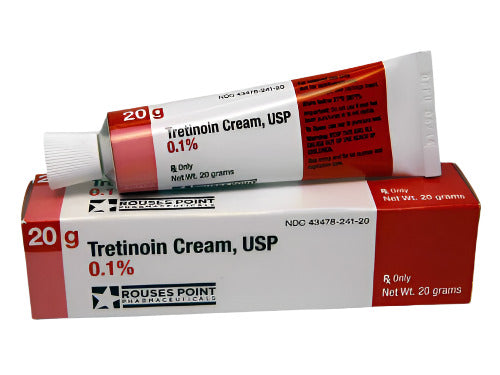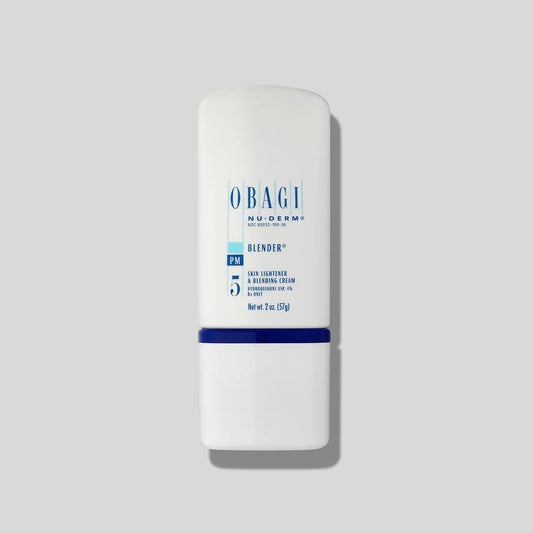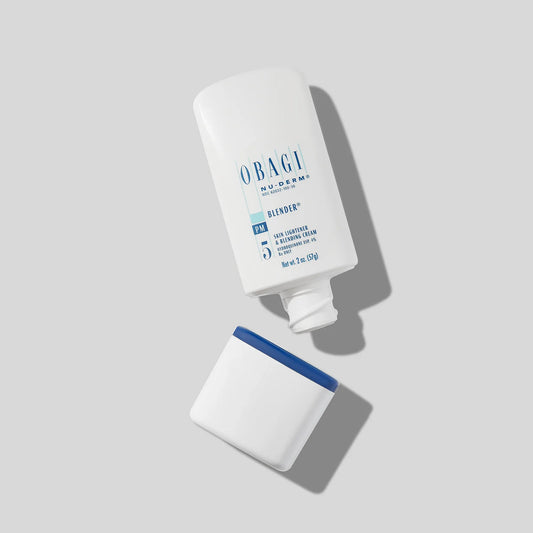AI is transforming almost every industry — and skincare is no exception. From apps that claim to scan your skin with a selfie, to intelligent questionnaires that generate personalised routines in seconds, AI-powered skincare tools are becoming increasingly popular.
But how useful are these tools, really? And can they replace the insight of a trained dermatologist? Let’s take a closer look.
What Skincare AIs Can Do
AI skincare tools vary widely in what they offer. Some are simple and fun, while others aim to give structured, data-driven advice. Here are the main types you’ll find:
1. Photo Analysis Tools
These platforms use a smartphone photo or selfie to analyse your skin. The algorithm assesses things like:
-
Wrinkles and fine lines
-
Pigmentation and dark spots
-
Redness or acne severity
-
Pore visibility and texture
The AI then gives a breakdown of “problem areas” and often suggests a routine or product categories tailored to your skin.
These tools are fun and educational, but their accuracy can vary significantly. Lighting, camera quality, skin tone, and algorithm bias all affect the result. Unique or complex skin presentations may not be recognised properly.
2. Questionnaire-Based Advisors
Other AI tools work through structured questions. They ask about:
-
Skin type (e.g. oily, dry, combination, sensitive)
-
Skin concerns (e.g. pigmentation, acne, ageing)
-
Current routine or actives used
-
Sensitivities, allergies, and tolerance levels
The AI then generates a personalised skincare routine, often divided into AM/PM, and may recommend standard vs advanced product categories. This is similar to the way a professional might structure a skincare plan — but without a physical examination.
👉 Try it yourself: Use our free AI Skincare Advisor
The Limitations of AI in Skincare
While AI tools offer exciting possibilities, there are important limitations to understand.
1. Bias in Data
Many algorithms are trained on limited datasets that don’t fully reflect the diversity of real-world skin types, tones, and conditions.
This can lead to:
-
Misdiagnosis or misclassification
-
Recommendations that are unsuitable for darker skin tones
-
Poor recognition of rare conditions or mixed presentations
In short: if your skin doesn’t fit the “standard” the AI was trained on, its advice may not fit you.
2. Lack of Human Expertise
AI tools cannot:
-
Examine your skin up close
-
Diagnose underlying medical conditions
-
Prescribe professional-strength treatments
Only a qualified dermatologist or medical professional can do that. Professional and prescription-strength products should never be recommended or prescribed by an AI alone — this requires human expertise and a proper consultation.
3. Combine AI with Professional Advice
Think of AI skincare tools as a supplement, not a substitute, for professional guidance.
They can:
-
Help you understand routine structure
-
Educate you about common ingredients
-
Make skincare more accessible and less overwhelming
But for anything beyond basic over-the-counter routines, human oversight is essential.
Inclusivity and Future Potential
AI skincare tools hold revolutionary potential:
-
They can personalise routines at scale
-
Streamline product use for more sustainable routines
-
Potentially help brands formulate products better tailored to real users
However, true inclusivity requires more diverse datasets and continuous human oversight. Complex conditions, unique skin tones, and mixed concerns still need qualified, in-person diagnosis and follow-up.
Key Takeaways
-
✅ Photo analysis tools are fun and educational but may not be accurate for everyone.
-
✅ Questionnaire-based AIs can give structured guidance, but they stop short of medical diagnosis.
-
❌ AI cannot prescribe or replace dermatologists — especially for prescription products or complex conditions.
-
👩⚕️ Always pair AI advice with professional input for best results.
Try Our Free AI Skincare Routine Advisor
Curious to see what AI can do?
👉 Try our AI Skincare Advisor
Sources & Further Reading
-
Dermatological AI: Opportunities and Challenges (Journal of Investigative Dermatology)
-
Skin of Color Society: AI and Dermatology Position Statements


